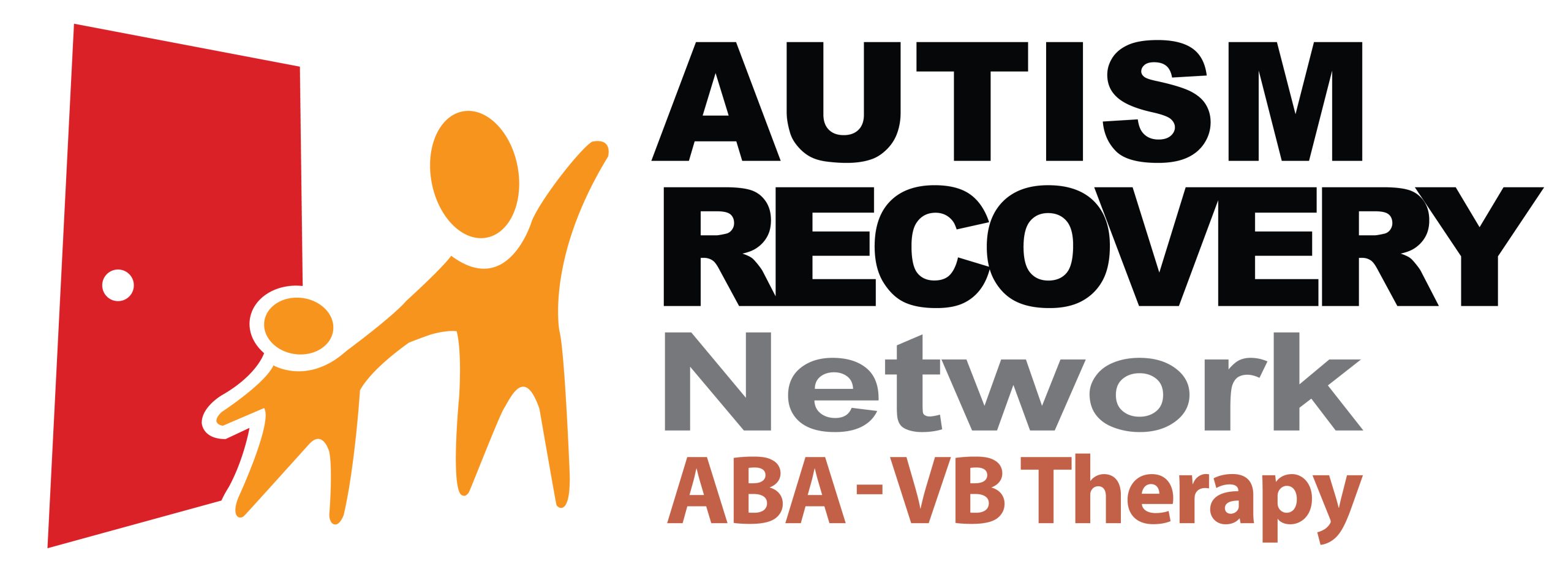

Intervention requires more than just teaching social skills.
Social Thinking® addresses the social learning and social interaction challenges that some special needs children with average or high levels of ability face. This includes, for example, coaching students to recognize verbal and nonverbal communication cues (e.g., eye movements, tone, gestures) and grasping the non-literal meaning of a statement. Successful social thinkers consider the points of view, emotions, thoughts, beliefs, prior knowledge and intentions of others. Children who are taught with this strategy are expected to develop the ability to recognize the different levels of their own and others’ social minds; to manage their behaviors for more rewarding social outcomes while considering how others perceive and respond to them; and to adapt to people and situations around them, from formal to causal settings.

These strategies differ from “social skills” training for typical people as they teach the most basic foundation skills of:
- How their own social minds work – why they react and respond the way they do
- The behaviors that make others feel good and those that make others feel bad
- And from this, how behaviors are affecting their own emotions, responses to and relationships with others across different social contexts
We are a ABA service provider in Asia directly trained by Michelle Garcia Winner’s Social Thinking Team.


Structure
• 2.5 hours per week
• With our special needs therapists
• Children can attend early, intermediate and advanced groups based on their progress
Teaching Goals
• Learn about why they and others react and respond the way they do
• How their behavior affect the way others perceive and respond to them
• How the above two factors affect their own emotions, responses to and relationships with others across different social contexts
Benefits
• Recognize that they and others have different perceptions and abilities to process social information
• Navigate their social thinking, social interaction and social communication toward more rewarding outcomes
• Learn to better adapt and respond to the people and situations around them


